- Browse
- Psychiatry
Psychiatry Courses Online
Study psychiatry for diagnosing and treating mental health disorders. Learn about psychiatric assessment, therapies, and medication management.
Filter by
SubjectRequired *
LanguageRequired *
The language used throughout the course, in both instruction and assessments.
Learning ProductRequired *
LevelRequired *
DurationRequired *
SkillsRequired *
SubtitlesRequired *
EducatorRequired *
Explore the Psychiatry Course Catalog
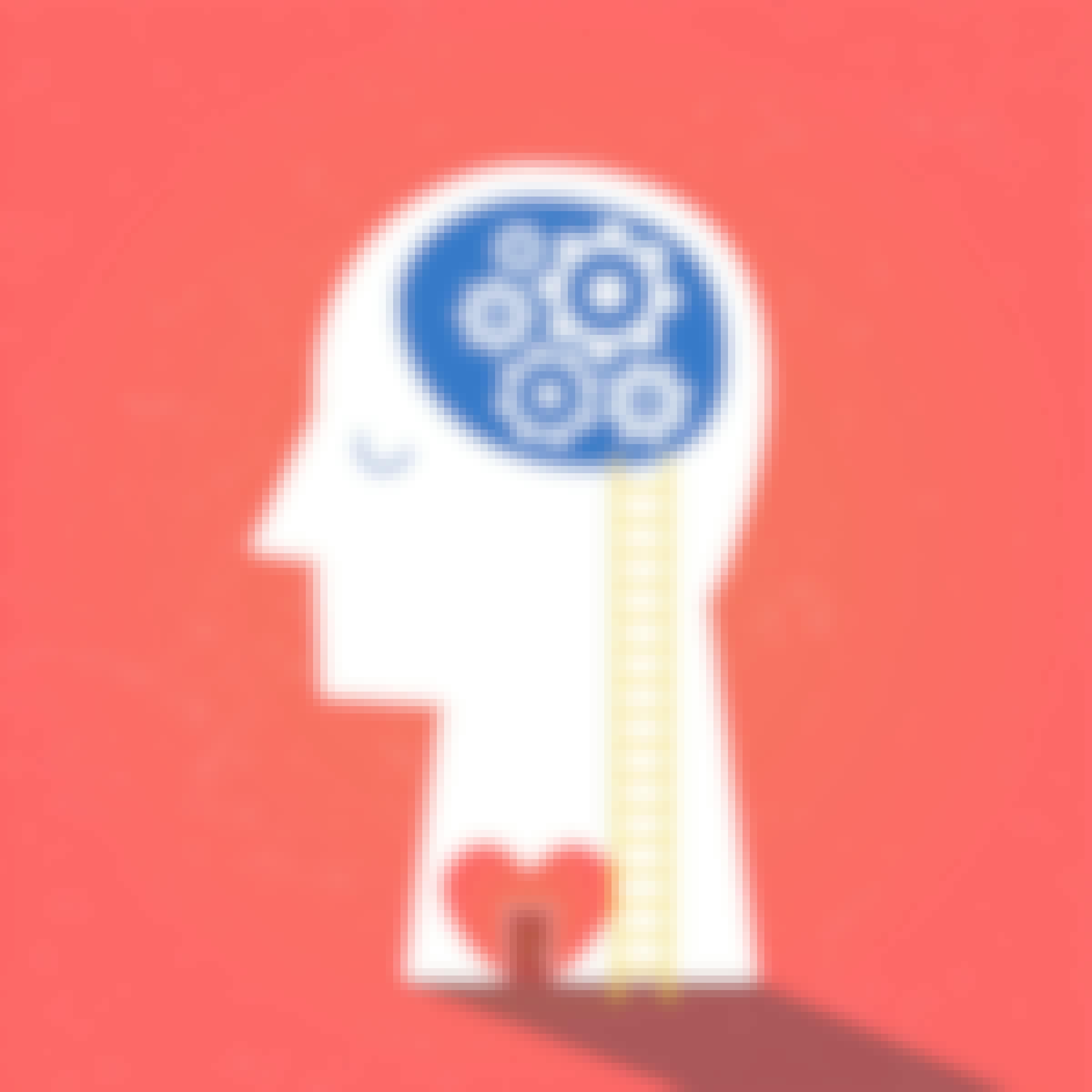 Status: PreviewPreviewT
Status: PreviewPreviewTThe University of Sydney
Skills you'll gain: Mental Health, Stress Management, Mindfulness, Psychiatry, Positivity, Optimism, Resilience, Behavioral Health, Mental Health Therapies, Psychotherapy, Personal Development, Mental and Behavioral Health, Creativity, Cognitive Behavioral Therapy, Substance Abuse, Empowerment, Relationship Building, Exercise Therapy
4.8·Rating, 4.8 out of 5 stars3.9K reviewsMixed · Course · 1 - 3 Months
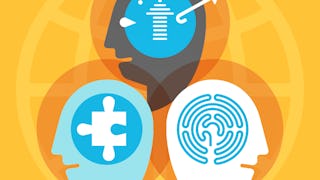 Status: PreviewPreviewT
Status: PreviewPreviewTThe University of Melbourne
Skills you'll gain: Mental Status Examination, Psychiatry, Medical History Documentation, Healthcare Ethics, Psychosocial Assessments, Mental and Behavioral Health, Patient Communication, Cultural Sensitivity, Patient Evaluation, Interpersonal Communications, Interviewing Skills, Rapport Building
4.7·Rating, 4.7 out of 5 stars196 reviewsAdvanced · Course · 1 - 3 Months
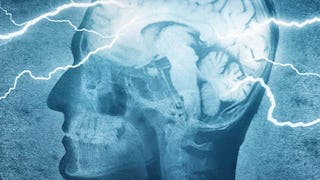 Status: Free TrialFree TrialA
Status: Free TrialFree TrialAAmerican Psychological Association
Skills you'll gain: Substance Abuse, Mental Health Diseases and Disorders, Clinical Psychology, Mental and Behavioral Health, Psychiatry, Psychological Evaluations, Mental Health, Cognitive Behavioral Therapy, Patient Evaluation, Diagnostic Tests, Behavioral Health, Psychotherapy, Psychiatric Assessments, Cultural Diversity, Epidemiology, Pharmacology, Neurology, Demography, Psychology, Pharmacotherapy
4.8·Rating, 4.8 out of 5 stars265 reviewsBeginner · Specialization · 3 - 6 Months
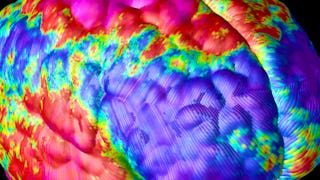 Status: PreviewPreviewW
Status: PreviewPreviewWWesleyan University
Skills you'll gain: Psychiatry, Clinical Psychology, Mental Health Diseases and Disorders, Pharmacology, Psychiatric Assessments, Psychotherapy, Psychology, Mental Health Therapies, Patient Evaluation, Neurology, Scientific Methods, Magnetic Resonance Imaging, Medical History Documentation, Medical Imaging
4.8·Rating, 4.8 out of 5 stars2.5K reviewsIntermediate · Course · 1 - 3 Months
 Status: PreviewPreviewY
Status: PreviewPreviewYYale University
Skills you'll gain: Psychology, Child Development, Psychiatry, Mental Health, Human Development, Human Learning, Social Sciences, Behavioral Health, Sociology, Neurology, Critical Thinking, Scientific Methods, Problem Solving
4.9·Rating, 4.9 out of 5 stars32K reviewsBeginner · Course · 1 - 3 Months
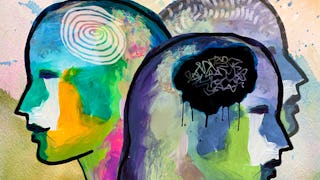 Status: Free TrialFree TrialA
Status: Free TrialFree TrialAAmerican Psychological Association
Skills you'll gain: Mental Health Diseases and Disorders, Psychiatry, Clinical Psychology, Mental Health, Cognitive Behavioral Therapy, Mental and Behavioral Health, Psychotherapy, Psychiatric Assessments, Cultural Diversity, Psychology, Pharmacotherapy, Pharmacology, Demography
4.8·Rating, 4.8 out of 5 stars65 reviewsBeginner · Course · 1 - 3 Months
What brings you to Coursera today?
 Status: PreviewPreviewU
Status: PreviewPreviewUUniversity of Michigan
Skills you'll gain: Health Disparities, Psychiatry, Patient Education And Counseling, Community Mental Health Services, Social Determinants Of Health, Patient Communication, Psychiatric Assessments, Mental Health Diseases and Disorders, Rehabilitation, Trauma Care, Mental and Behavioral Health, Pharmacology, Mental Health
4.7·Rating, 4.7 out of 5 stars20 reviewsIntermediate · Course · 1 - 4 Weeks
 Status: NewNewStatus: Free TrialFree TrialA
Status: NewNewStatus: Free TrialFree TrialAAmerican Psychological Association
Skills you'll gain: Substance Abuse, Mental Health Diseases and Disorders, Clinical Psychology, Mental and Behavioral Health, Psychiatry, Trauma Care, Mental Health, Psychiatric Assessments, Psychology, Psychotherapy, Cognitive Behavioral Therapy, Behavioral Health, Psychological Evaluations, Pharmacology, Diagnostic Tests, Neurology, Cultural Diversity, Patient Treatment, Epidemiology, Patient Evaluation
4.9·Rating, 4.9 out of 5 stars122 reviewsBeginner · Specialization · 3 - 6 Months
 Status: NewNewStatus: Free TrialFree TrialA
Status: NewNewStatus: Free TrialFree TrialAAmerican Psychological Association
Skills you'll gain: Stress Management, Resilience, Mental Health, Mindfulness, Clinical Psychology, Mental Health Diseases and Disorders, Psychiatry, Mental and Behavioral Health Specialties, Physiology, Trauma Care, Psychiatric Assessments, Psychology, Psychological Evaluations, Behavioral Health, Cognitive Behavioral Therapy, Cultural Diversity, Patient Evaluation, Health Assessment, Health And Wellness Coaching, Patient Treatment
4.8·Rating, 4.8 out of 5 stars192 reviewsBeginner · Specialization · 3 - 6 Months
 Status: Free TrialFree TrialW
Status: Free TrialFree TrialWWesleyan University
Skills you'll gain: Motivational Interviewing, Psychological Evaluations, Cognitive Behavioral Therapy, Mental Health Diseases and Disorders, Mental Health Therapies, Behavioral Health, Mental and Behavioral Health, Psychiatry, Psychotherapy, Clinical Psychology, Mental Health, Cultural Diversity, Psychiatric Assessments, Psychology, Experimentation, Health Education, Interpersonal Communications, Culture, Clinical Assessment, Goal Setting
4.8·Rating, 4.8 out of 5 stars718 reviewsBeginner · Specialization · 3 - 6 Months
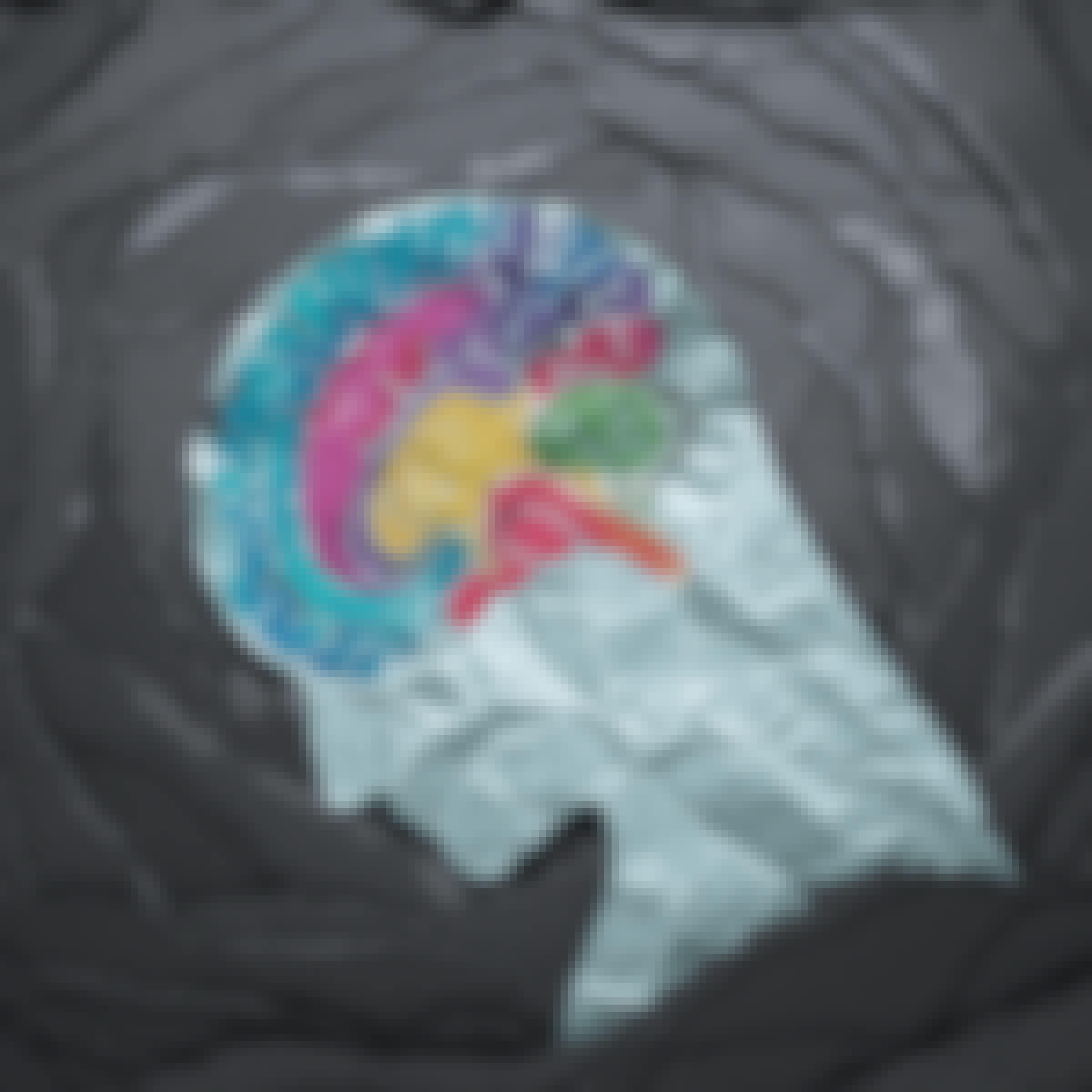 Status: Free TrialFree TrialA
Status: Free TrialFree TrialAAmerican Psychological Association
Skills you'll gain: Clinical Psychology, Mental Health Diseases and Disorders, Psychiatry, Psychological Evaluations, Mental Health, Mental and Behavioral Health, Patient Evaluation, Behavioral Health, Cognitive Behavioral Therapy, Cultural Diversity, Patient Treatment
4.8·Rating, 4.8 out of 5 stars184 reviewsBeginner · Course · 1 - 3 Months
 Status: PreviewPreviewY
Status: PreviewPreviewYYale University
Skills you'll gain: Health Disparities, Motivational Interviewing, Substance Abuse, Patient-centered Care, Medication Therapy Management, Mental and Behavioral Health, Social Determinants Of Health, Patient Education And Counseling, Psychiatry, Pharmacotherapy, Psychotherapy, Treatment Planning, Health Policy, Care Coordination, Clinical Assessment
4.9·Rating, 4.9 out of 5 stars2K reviewsBeginner · Course · 1 - 3 Months
Psychiatry learners also search
In summary, here are 10 of our most popular psychiatry courses
- Positive Psychiatry and Mental Health : The University of Sydney
- Foundations of International Psychiatry: The University of Melbourne
- Psychology of Anxiety, Mood, Substance Use, and Addictive Behaviors: American Psychological Association
- Schizophrenia: Wesleyan University
- Introduction to Psychology : Yale University
- Depressive and Bipolar Disorders: American Psychological Association
- Understanding Psychosis: University of Michigan
- Psychology of Substance Use, Depressive Disorders, & Trauma: American Psychological Association
- Psychology of Disorders Related to Trauma, Anxiety, & Stress: American Psychological Association
- Abnormal Psychology: Wesleyan University
Frequently Asked Questions about Psychiatry
Psychiatry is the branch of medicine dealing with mental, emotional, and behavioral disorders. It entails diagnosing and treating these disorders to improve health in these areas, with methods including hospitalization, psychotherapy, medication, support groups, and other psychiatric interventions.
According to the National Alliance on Mental Illness, nearly 1 in 25 adults in America live with a serious mental illness. Psychiatry is important for learners interested in treating mental health problems through a holistic understanding of the physical, mental, social, and behavioral aspects.
Learners interested in becoming Psychiatrists will need to go through medical school. However, anyone interested in working with Psychiatrists or under the umbrella of mental health can enjoy various options for careers, including Clinical or Counseling Psychologist, Marriage and Family Therapist, Clinical Social Worker, Psychiatric Registered Nurse, Psychiatric Nurse Practitioner, and many others.
Courses on Psychiatry offered through Coursera provide learners with knowledge on different aspects of good mental health; the causes, treatments, and ways to seek help for mental disorders; the skills that apply to mental health clinical settings; and more.
Lessons on Psychiatry are taught by professors of Psychiatry from major universities, and are administered via video lectures, readings, quizzes, practical application scenarios, and more.
The skills and experience you need to have before studying psychiatry include the need to feel empathy and compassion towards others and a basic understanding of how disorders can be treated using medicine management. One of the most important skills needed to study psychiatry is the ability to listen to and observe others so you can gain trust and establish rapport with patients and clients in need of psychiatric services. If you have the experience of working in trauma or emergencies, you may already have the foundation you need to learn more about the psychiatric support of patients in need of crisis intervention.
The kind of person best suited to learn psychiatry is one who is perceptive to other people’s needs, emotions, and feelings. However, people who may prefer to learn psychiatry may be more interested in treating mental illness or challenging behaviors with a more clinical, medicinal approach than would a psychologist or therapist. So, a person who is best suited to learn psychiatry may have a deeper interest in focusing on medicinal and pharmacologic treatments for patients. Another type of person who may find the study of psychiatry relevant is someone who wants to learn how global social factors, attitudes, and developments promote mental health or influence the onset of mental illness.
Learning psychiatry may be right for you if you want to combine an understanding of helping others and medicine management. There are many avenues of medicine management in psychiatry. If you are interested in learning about new medical treatments, the biological aspects of a patient’s behavior, and how to manage a patient’s progress with various medications, learning psychiatry may be right for you. Studying psychiatry is also beneficial for you if you would like to learn about various psychiatric disorders, such as schizophrenia and major depression, and how to control them through medication management. If you are interested in learning more about the emerging discipline of medical cannabis for pain control, learning psychiatry may be important for you. Also, if you plan to work in the addiction field, learning psychiatry is important to learn because it will give you the foundation of understanding addiction identification and evidence-based treatments.
Online Psychiatry courses offer a convenient and flexible way to enhance your knowledge or learn new Psychiatry skills. Choose from a wide range of Psychiatry courses offered by top universities and industry leaders tailored to various skill levels.
When looking to enhance your workforce's skills in Psychiatry, it's crucial to select a course that aligns with their current abilities and learning objectives. Our Skills Dashboard is an invaluable tool for identifying skill gaps and choosing the most appropriate course for effective upskilling. For a comprehensive understanding of how our courses can benefit your employees, explore the enterprise solutions we offer. Discover more about our tailored programs at Coursera for Business here.










